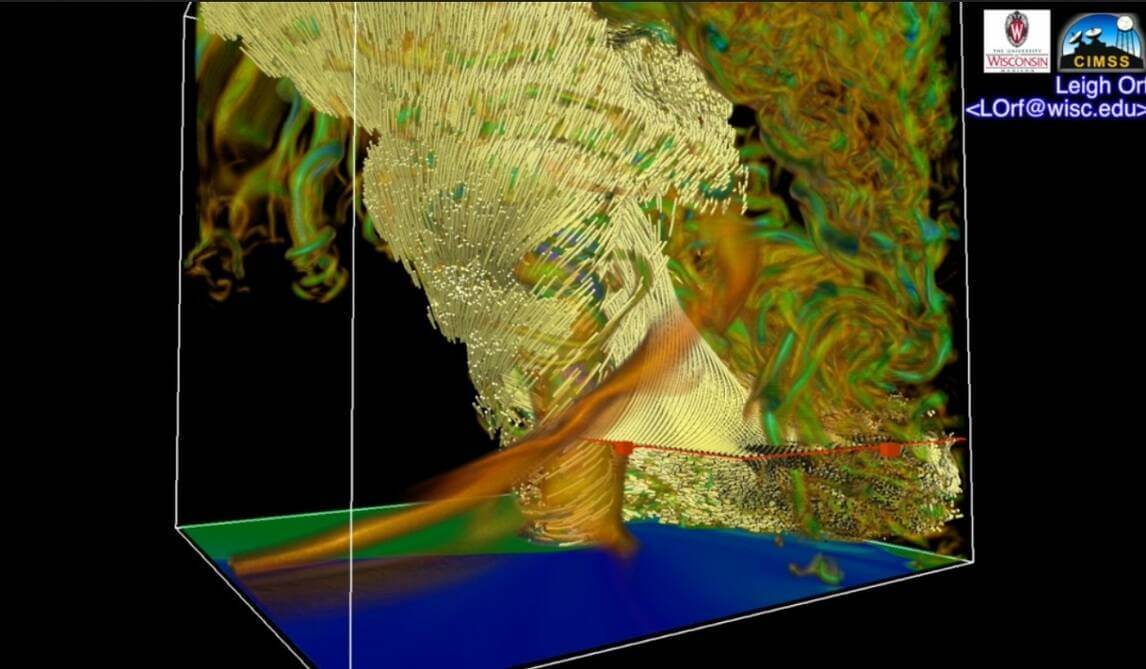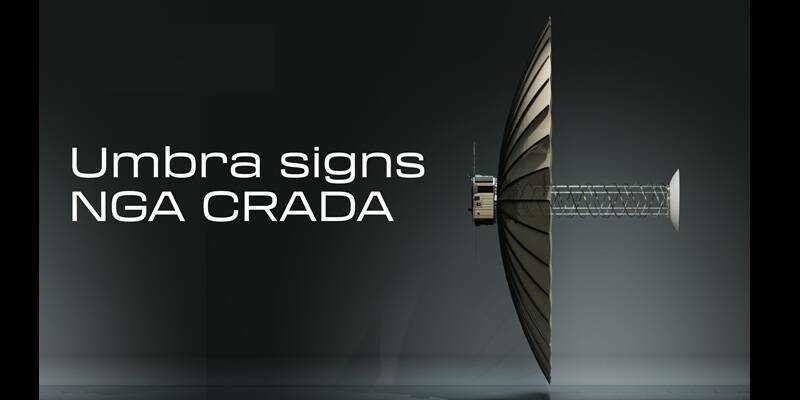Current research projects aim at a better simulation and forecast of the weather. The Digital Twin paradigm is gaining increasing attention, and datacubes are known to boost such twins.
Not only private individuals have a strong interest in weather. Such information likewise is indispensable for a wide variety of professional purposes - such as agriculture, disaster control, aviation and shipping, insurance, critical infrastructure protection, renewable energy planning, to name just a few. The basic supply of weather information provided by the German Weather Service (DWD) is used in many ways, refined and offered again as specialized products.
The recently completed project DeepRain, funded by the German Ministry of Research (BMBF) and led by Forschungszentrum Jülich, has contributed to the evolution of such services. In the consortium, Jacobs (now: Constructor) University was in charge of the weather and climate datacubes. As it turned out, atmospheric research uses coordinates as contributed by the German Weather Service (DWD) are not compatible with common geo tools - for example, the equator in this projection runs straight through Germany. The researchers took additional experts on board using part of the budget tasking French company Spatialys to extend the widely used reprojection open-source tool PROJ with support for rotated coordinates. As a consequence, PROJ can now transform rotated "weather coordinates" into standard GIS coordinates. This functionality has since become an official part of PROJ. Thus, an obstacle on the way to GIS integration of weather data has been removed through joint work by researchers and open-source developers.
Work now continues in the Cube4EnvSec project where, funded by the NATO Science for Peace and Security (SPS) program, 4D aviation weather timeseries are built from the forecast data automatically fetched from DWD every six hours. These weather datacubes then can be combined with lightning cubes sitting in Tel Aviv, Medicane datacubes in Istanbul, and thunderstorm cubes of 5min resolution.
All these projects use datacubes as they have the charm that services can be designed more natural, simple, and powerful than with the classic paradigm of 'large quantity of cryptic individual files' paradigm. This is why they are generally regarded as the royal road to analysis-ready data (ARD). Also because the combination (fusion) of different datacubes suddenly becomes easier: all technical details remain behind the curtain, and many of the steps required internally remain internal and thus hidden from the user. Appropriate standards also exist for this, in particular OGC WCPS. In particular, this eases insight from the manifold facets making up a digital twin of our reality.
More information: https://www.deeprain-project.d... and https://cube4envsec.org and https://www.rasdaman.com/

Image source: Leigh Orf, University of Wisconsin Madison
Subscribe to our newsletter
Stay updated on the latest technology, innovation product arrivals and exciting offers to your inbox.
Newsletter

TD_TDID_INTREX-800x400.jpg)